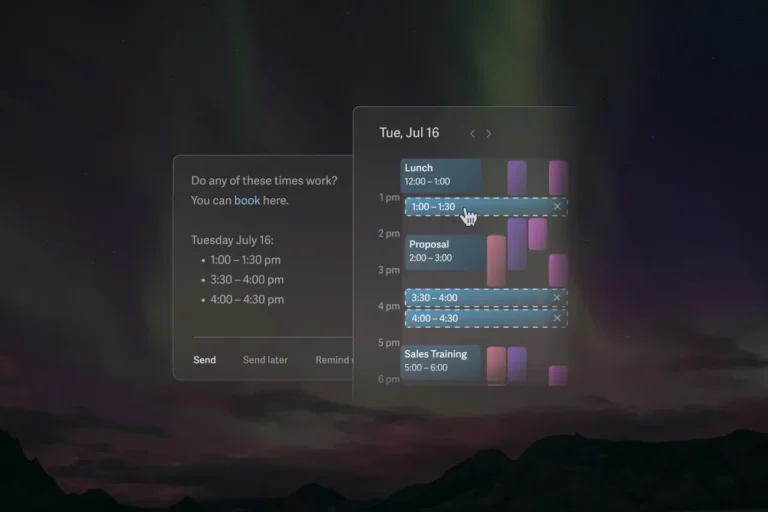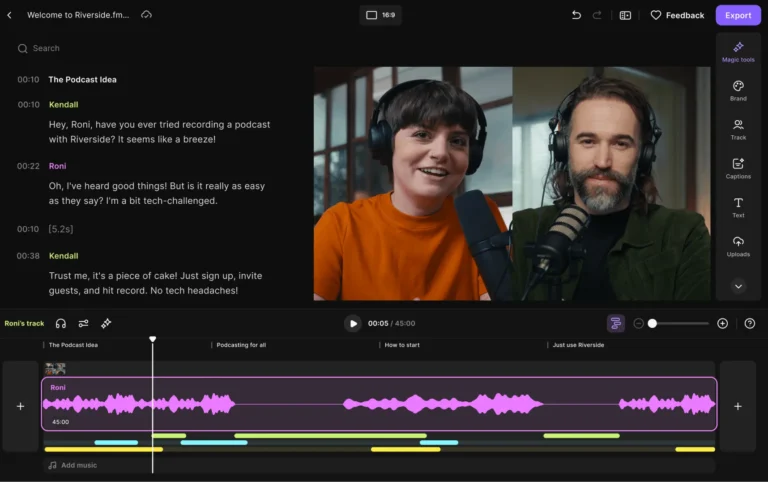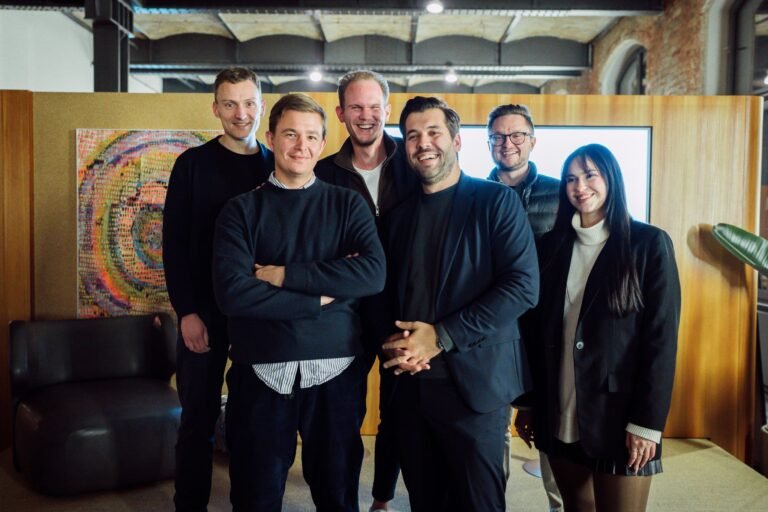Trending
Sony Shuts Down Concord and Firewalk Studios:
In a significant and disheartening move for the gaming industry, Sony has officially announced the closure of Firewalk Studios and the termination of its competitive shooter, Concord.

This decision comes a mere two weeks after Concord’s launch, which unfortunately failed to capture the market’s attention and subsequently saw poor sales. The news is a stark reminder of the challenges and risks that developers face in today’s gaming landscape.
The Rise and Fall of Concord
Concord was envisioned as a fresh entry in the competitive team shooter genre, a space already crowded with established titles that have garnered loyal player bases. From the outset, expectations were high, fueled by the creative talents behind Firewalk Studios. However, despite the initial excitement, the game struggled to find its footing in a market that has become increasingly difficult to penetrate.
The studio, led by game director Ryan Ellis, faced challenges not just in gameplay mechanics, but also in timing. Long development cycles can often put projects at risk, especially when competing titles evolve to meet player preferences. As other shooters gained traction and defined players’ expectations, Concord found itself in a difficult position. Many popular games in the genre operate on a free-to-play model, supported by battle passes and seasonal content, making it hard for a new title with a $40 price tag to entice gamers.
In the end, the decision to shut down Concord reflects not just on the game itself, but on the broader landscape of online gaming, where competition is fierce and the stakes are high.
Firewalk Studios: A Cautionary Tale
The closure of Firewalk Studios represents a painful chapter in the careers of its 172 employees, who will now face an uncertain future. Hermen Hulst, head of Sony Interactive Entertainment’s Studio Business Group, expressed his gratitude for the hard work and creativity that the Firewalk team demonstrated throughout their journey. “After much thought, we have determined the best path forward is to permanently sunset the game and close the studio,” he stated, acknowledging the dedication of the team.
This is not an isolated incident. The gaming industry has seen a wave of layoffs and studio closures in recent years, painting a sobering picture of the current state of game development. Despite being acquired by Sony Interactive Entertainment just last spring, Firewalk is now another example of how quickly fortunes can change in this competitive arena.
Understanding the Market Dynamics
The online gaming market is notoriously challenging. Many developers pour years into creating a title, only to find that by the time they launch, the landscape has shifted beneath them. Concord’s long development time likely contributed to its inability to compete effectively. As other shooters continued to evolve, they set new standards for gameplay, graphics, and player engagement, making it harder for newcomers to carve out a space for themselves.
Moreover, the rise of free-to-play models has fundamentally changed how games are marketed and monetized. Players have grown accustomed to accessing games at no initial cost, often engaging with in-game purchases that sustain these titles financially. This shift in consumer behavior makes it increasingly difficult for traditional pay-to-play models to succeed.
In this context, the $40 price tag of Concord may have been a significant barrier. Gamers today often weigh their options carefully, opting for titles that not only promise quality but also provide ongoing content and engagement without requiring upfront costs.
A Wider Industry Perspective
The struggles of Firewalk Studios are part of a broader trend in the gaming industry, characterized by a series of high-profile closures and layoffs. Recently, Netflix shut down its AAA game studio before any projects were announced, and Microsoft has also closed three studios under the Zenimax banner earlier this year. These events highlight the volatility that has come to define game development, especially as the industry consolidates around a few major players.
As fewer companies control an increasing share of the gaming market, the tolerance for experimentation diminishes. Developers may find it increasingly difficult to secure funding for innovative or unconventional projects, as companies prioritize titles with established revenue models. This shift could stifle creativity and lead to a more homogenous gaming landscape, where risks are avoided in favor of proven formulas.
The Human Cost of Closure
For the employees of Firewalk Studios, the announcement of closure is a devastating blow. Many of these individuals invested their passion and creativity into developing Concord, and the sudden end of their project leaves them not only without jobs but also without the opportunity to see their hard work come to fruition. The emotional toll of such layoffs cannot be understated, as developers navigate the complexities of loss and uncertainty in a highly competitive job market.
This closure serves as a reminder that behind the games we play are dedicated individuals who pour their hearts into their craft. As the industry experiences upheaval, it’s essential to consider the human impact of such decisions and to advocate for support systems that can help displaced workers transition to new opportunities.
Navigating the Future of Game Development
The closure of Firewalk Studios and the discontinuation of Concord raises important questions about the future of game development. As the industry evolves, developers must adapt to an increasingly competitive environment. The focus on profitability can lead to a reluctance to take risks, potentially stifling innovation and creativity.
However, amidst these challenges, there is still hope. The success of independent developers and smaller studios indicates that there remains an audience hungry for unique gaming experiences. Many players are drawn to innovative concepts that push boundaries, suggesting that there is still room for originality and experimentation.
To ensure a vibrant future for the industry, stakeholders must foster environments that encourage creativity and support new ideas. By investing in diverse projects and supporting independent developers, the gaming landscape can evolve in a way that remains exciting and dynamic.












Pingback: OpenAI Will Start Using AMD Chips
Pingback: Oracle Unveils AI-Powered Electronic Health Record System
Pingback: The Dual Threats Of Quantum Computing And AI